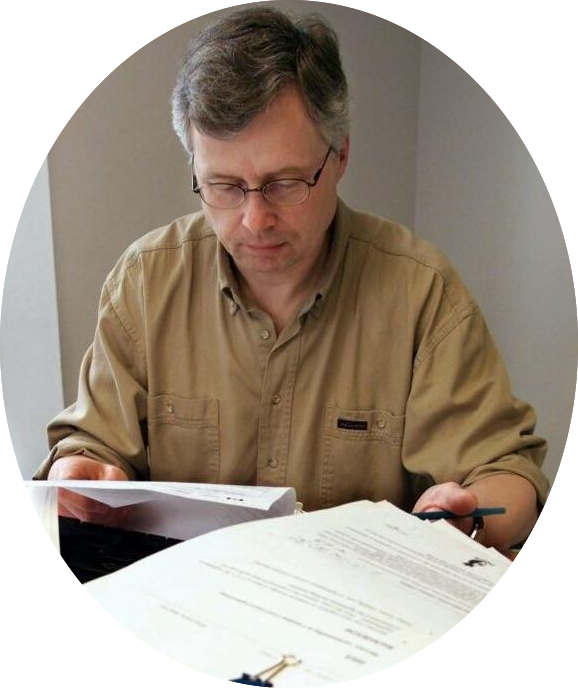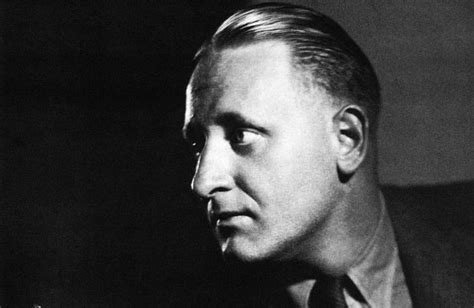Ink-stained wretches abroad
John Gunther
Journalists are characteristically blind to their profession’s past. Perhaps they know about Ernest Hemingway and George Orwell reporting from the Spanish Civil War in the 1930s, or Hunter S. Thompson and Tom Wolfe ‘inventing’ the new journalism of the 1960s. But beyond the literary stars, who often ventured away from journalism, the groundbreakers remain largely anonymous to their heirs.
So a new account about the handful of American foreign correspondents in the 1920s and 1930s is especially welcome for resuscitating some of these trailblazers. Deborah Cohen’s Last Call at the Hotel Imperial: The reporters who took on a world at war (Random House, 1922), is richly immersive, plunking the reader inside a roiling period of European fascism, communism, depression, purges, famine, betrayal and genocide.
Cohen focuses on a tightly knit group of American journalists, who perfected a questing style of foreign reporting just as the world was going to hell. Their names are mostly forgotten today. At the centre, John Gunther of the Chicago Daily News; H.R. (Knick) Knickerbocker, of the Philadelphia Public Ledger; author Jimmy Sheean; and two remarkable women, Dorothy Thompson, syndicated columnist, and Frances Gunther, a Zionist and Indian nationalist. They were all friends and sometime lovers.
The full cast of characters expands and shrinks, occasionally encompassing Hemingway and William Shirer. But Cohen ably focuses on the forgotten five, weaving their professional and personal stories seamlessly, drawing on an astonishing depth of research. Their sexual infidelities and money troubles rub shoulders in the text with their professional coups, including interviews with Hitler, Mussolini and Nehru.
American newspapers had buckets of money by the 1920s, and were happy to spend it abroad, reporting on the post-Great War landscape through the eyes of their roving correspondents. Gunther and the others were given a broader license than their toiling colleagues back home in the newsroom. They were expected to explain as well as report, without tipping into advocacy. The group, for example, was clear-eyed in 1933 about the murderous disaster unfolding on the Jews in Nazi Germany. Many of them knew only too well that a vicious war was coming, and said so.
“Dorothy [Thompson] and her friends had abandoned what she called ‘the field of pure reporting’ for the sort of subjective analysis – the interrogation of personality, the interpretation of causation – necessary to understand the truth,” Cohen writes.
“By the mid-1950s, their breed of foreign correspondents … seemed nearly extinct. The sort of freewheeling go-where-I-please attitude wasn’t possible any longer once foreign correspondence became a professional job for corporate men who’d put in their time in the home office.”
The Hotel Imperial of the title refers to a café in Vienna where American reporters would gather, trading gossip and buying rounds. The ‘last call’ suggests the end of an era in which a handful of brash Yankees strode confidently through the turmoil engulfing Europe to warn American readers about the continent’s descent into chaos.
Their booze-fueled reporting was Olympian in its reach and, sadly, was forgotten soon after Nazi Germany was obliterated. Only one of Gunther’s many bestselling books remains in print today, and it is a tender memoir of his young son’s lethal illness, Death Be Not Proud. Cohen has skillfully brought this small coterie of scribblers back to life, with heart and verve. Hers is a fitting remembrance of a few extraordinary personalities who reinvented themselves as well as their profession.
July 12, 2022

